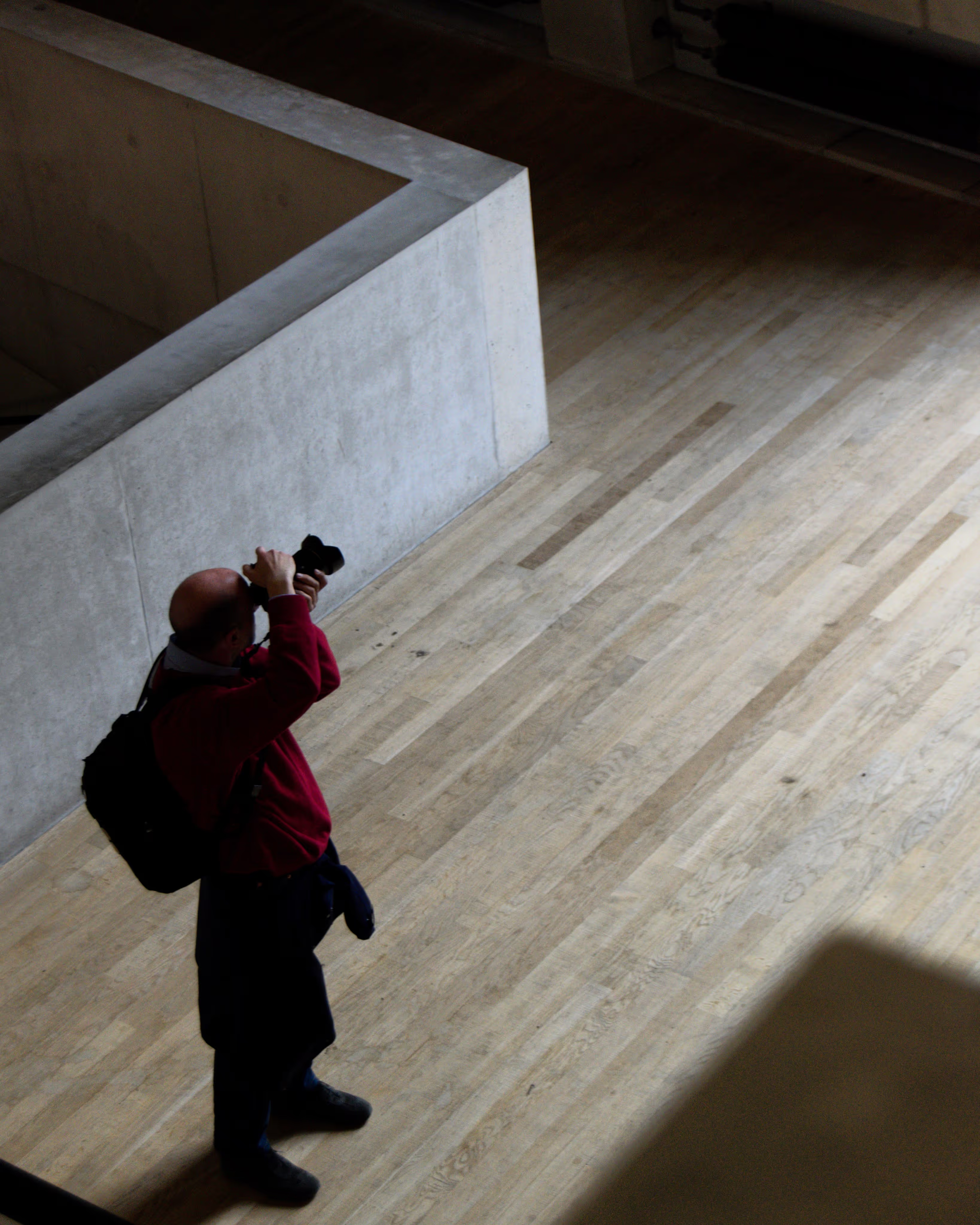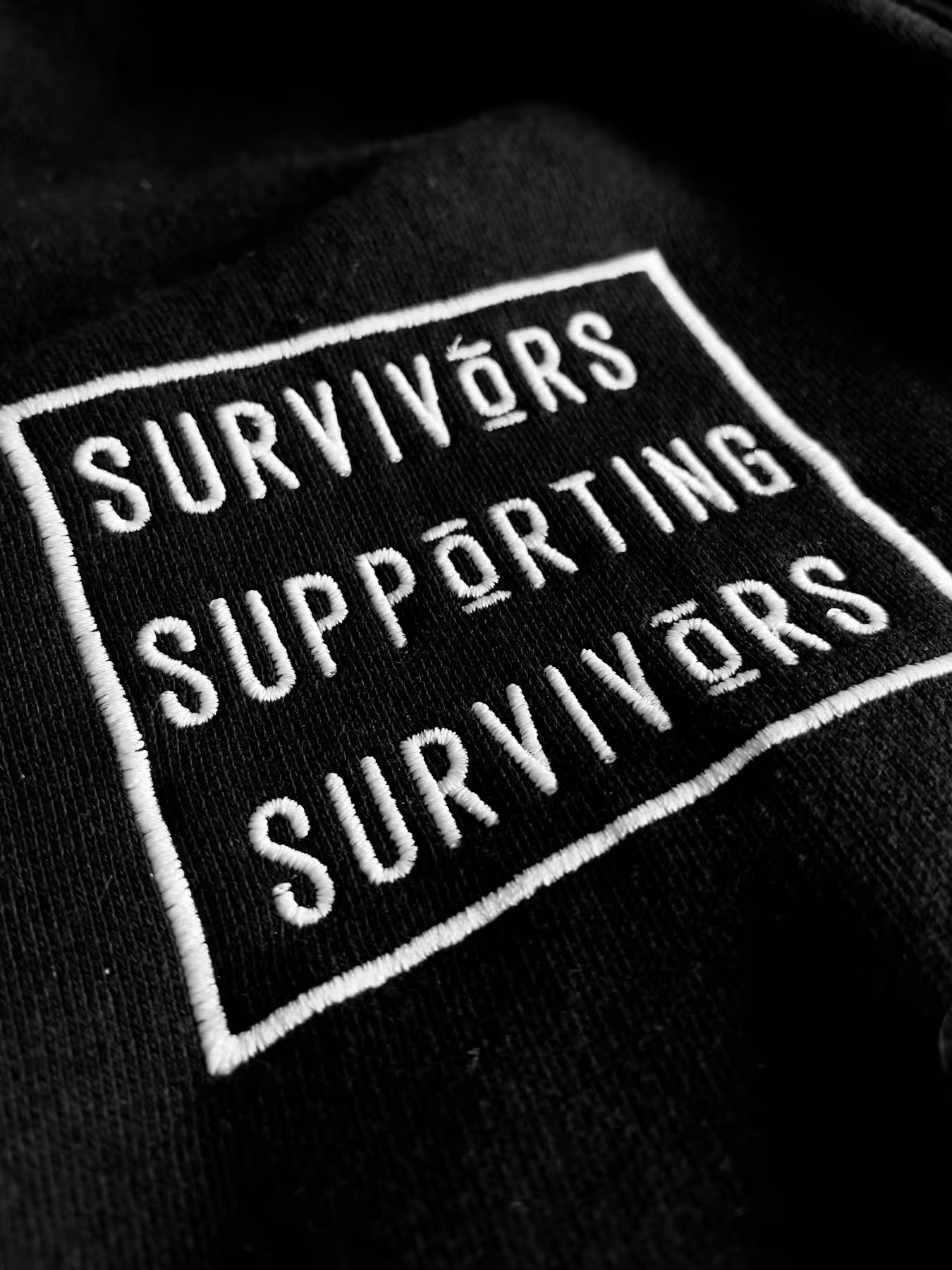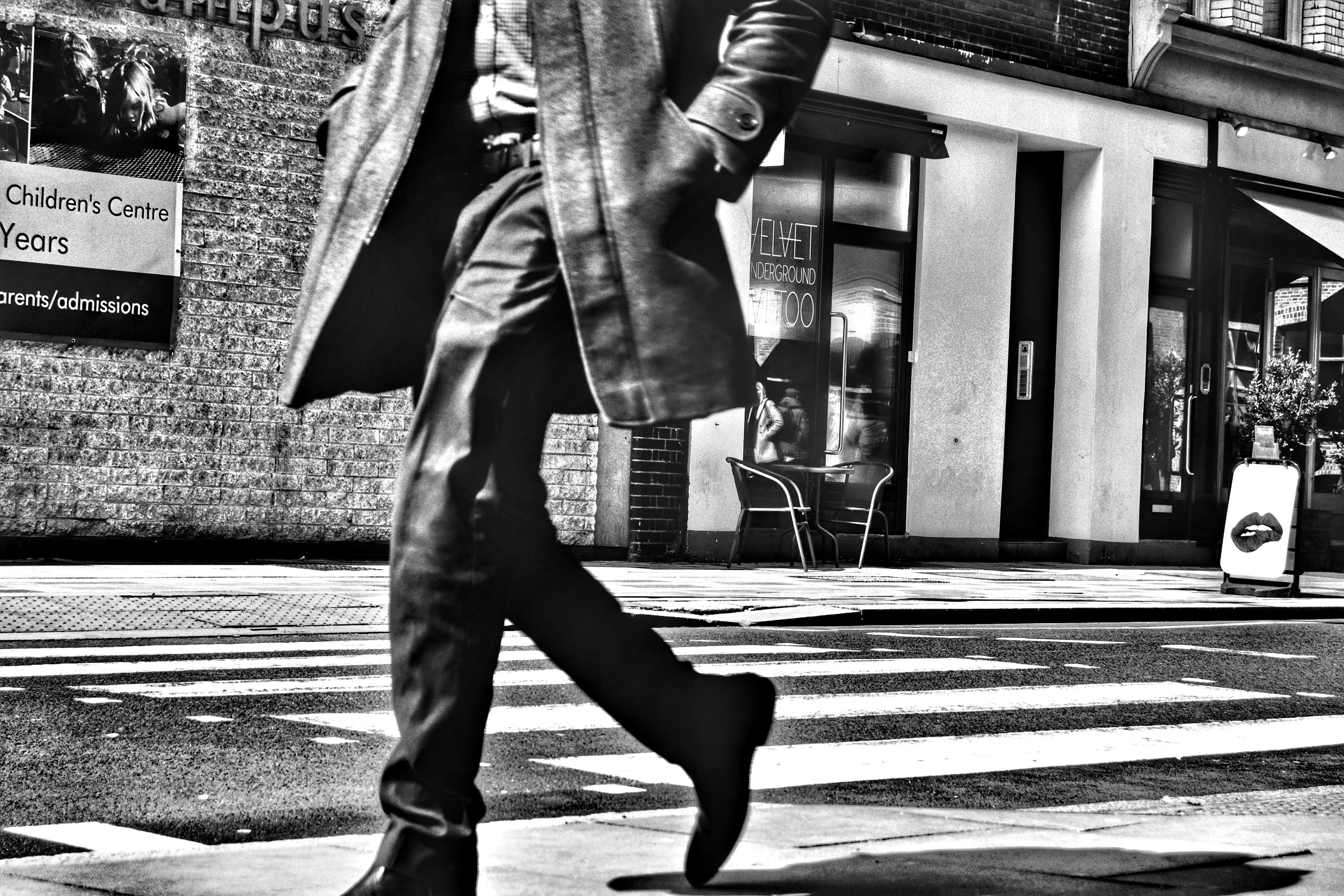Finding My Way Through the Lens: How Photography Became My Lifeline After Stroke

When I think back to the months after my stroke in 2018, what I remember most vividly isn’t the physical aftermath – the vision loss, the epilepsy, the relentless fatigue. It’s the emptiness. The silence. The disconnection.
After the initial shock passed, and the medical appointments and rehab routines settled into a rhythm, I found myself floating in a kind of limbo. I was alive, yes and incredibly grateful for that but I no longer recognised the shape of my life. I had lost my job, my sense of independence, and most painfully, my sense of self.
In the middle of all that uncertainty, something unexpected found me: photography.
At first, it was nothing more than a distraction. A reason to get out of the house. A small, manageable activity that didn't require perfect vision or boundless energy. I picked up a camera out of curiosity more than conviction. I wasn’t trying to become a photographer. I was just trying to feel something other than grief.
But very quickly, it became something more. It became my therapy.
More Than a Hobby: A Way Back To Myself
I didn’t realise it at the time, but each outing with my camera was doing more than just filling the days. It was beginning to piece me back together.
Photography gave me something to focus on - sometimes quite literally. With vision only in my right eye, and a disrupted sense of depth and space, using a camera felt strange at first. I missed shots. I fumbled with buttons. I struggled to track moving subjects or align horizons. But slowly, I adapted. I began to see differently and not just through the viewfinder, but through my entire experience of the world.
Where I once measured success in productivity or profit, I began to find peace in smaller, quieter things: the glow of a sunrise, the ripple of a wave, the symmetry of a puddle reflection after rain. Photography didn’t just help me observe the world again, it helped me feel part of it.
In the silence where words often failed me where I didn’t know how to explain what was going on in my mind or body, the camera gave me a voice. It helped me process emotion. It let me slow down, breathe, and see beauty again, even through limited sight and the frustration of change.
Relearning the World, One Image at a Time
My stroke took a lot from me, but it also created space for something new to grow. Photography became my therapy. Not in a formal sense, but in the most personal, grounding way.
Every time I step out with my camera, I’m not just taking photographs, I’m reclaiming a little more of myself. I’m proving to myself that I can still create. Still connect. Still notice the wonder in things. It’s not just about capturing an image. It’s about being present enough to see it in the first place.
The act of composing a shot demands mindfulness. It pulls me into the moment. It asks me to look again and to find interest in what might otherwise go unnoticed. And that process has changed how I experience everything. I move more slowly now. I pause more often. I notice light differently. I feel more tuned in to the world around me, even as I navigate it with new limitations.
A New Perspective, Frame by Frame
I often say that I’m rebuilding my life one frame at a time and I mean that quite literally.
Each photo I take is a reminder that I am still here. Still healing. Still learning how to move forward, even if I have to do it more slowly than before. My work has become a kind of visual diary. It’s deeply personal, quietly reflective, and rooted in lived experience.
My photography focuses on reflections, skies, and coastal scenes, especially around Kent, where I live. The sea has always been a place of calm for me. Its rhythms echo something in my own journey - the ebb and flow, the crash and stillness, the idea that even the roughest tides eventually settle.
I’m particularly drawn to reflections. Not just for their visual symmetry, but for what they represent: duality, depth, a new way of seeing. Much like living with a hidden disability, reflections suggest that there’s more beneath the surface, that what you first see may not be the whole story.
Photography as a Personal Dialogue
Every image I create is shaped not only by what I’ve lost, but by what I’ve discovered along the way: a quieter kind of resilience, a gentler kind of strength. I’ve learned that recovery isn’t about “bouncing back” to who you were before. It’s about moving forward as the person you are now! Different? yes, but still whole just in a different way.
I don’t chase perfection in my work. I chase feeling. I want my images to offer a sense of stillness, of mood, of emotional connection whether it's a misty seafront or the golden glow of an evening sky. I want people to see not just a scene, but a story.
Because behind every frame is a step I took, a challenge I met, a day I chose to keep going. This isn’t about photography, it is so much more than that.
Still Here, Still Creating
Photography didn’t just help me survive after stroke. It helped me live again. It gave me back a sense of purpose at a time when I felt utterly directionless. It reminded me that even if the shape of my life had changed, it still had value, meaning, and beauty.
I never set out to turn photography into a business, but over time, it grew naturally from the passion and presence I poured into it. Today, I sell my photography, share my work online and in person, and continue to build a community of people who connect with my journey. Many of them are survivors too - survivors of strokes, of other illnesses, of grief or burnout or trauma. We find common ground not in our exact stories, but in our shared determination to fight, to survive.
Final Thoughts
Finding my way through the lens changed everything. What began as a small act of distraction has become the foundation for how I live, connect, and express myself.
I hope my photography and the story behind it serve as a reminder that beauty can be found even in life’s most unexpected chapters. You don’t have to have perfect vision or perfect circumstances to see it. Sometimes, you just need to pick up camera and look again.
Explore More
Discover Andy's Inspiring Journey
Join Andy in exploring his remarkable story and art.


